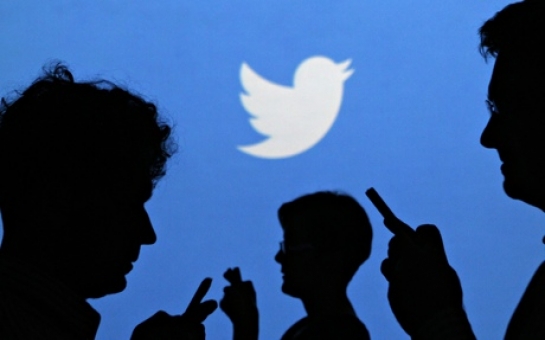In comparison, the second and third most popular swearwords – "shit" and "ass" – accounted for 15.0% and 14.5% respectively, while other highlights included "bitch" (10.3%), "hell" (4.5%), "whore" (1.8%), "dick" (1.7%), "piss" (1.5%) and "pussy" (1.2%). Between them, the top seven make up 90.6% of all the swearing on Twitter, and Twitter is a sweary place. In daily life it is thought that between 0.5% and 0.7% of the words we use are swearwords, but the proportion on the site is roughly twice this, at 1.15%. According to this study, about one in every 13 tweets contains a swearword of some kind.Intriguingly, swearing also seems to be an early-week thing. Tweets become more and more likely to contain a swearword as the day progresses, perhaps reflecting the accumulation of things we have to swear about, and peak profanity is reached between midnight and 1.30am, suggesting that people who are awake at that time are, let's say, the least inhibited. Yet Friday, Saturday and Sunday are consistently the least sweary days of the week.Perhaps at the weekend the less inhibited people are so intent on getting really uninhibited that they don't tweet very much at all.As seen in past studies of offline behaviour, women were more likely to swear when talking to women, while men (who swear more overall) were much more likely to swear when talking to other men. Interestingly, men and women were also more likely than the other to use their own gender's insults. Women, for instance, were the main advocates of "bitch" and "slut" – and were still more likely to use the terms in all-female conversations. It is difficult to be sure how playfully the words were being used, of course. Although the researchers do find that "cursing is associated with negative emotions". No shit?(theguardian.com)ANN.Az
What are the most popular swearwords on Twitter?
Business
18:01 | 25.02.2014

What are the most popular swearwords on Twitter?
What do you think is the most commonly used swearword on Twitter? Well of course it is. Very detailed work by researchers at Wright State University in Ohio has found that 34.7% of all the swearwords in their sample of 51m tweets were "fuck" or one of its long list of cognates.
Follow us !










